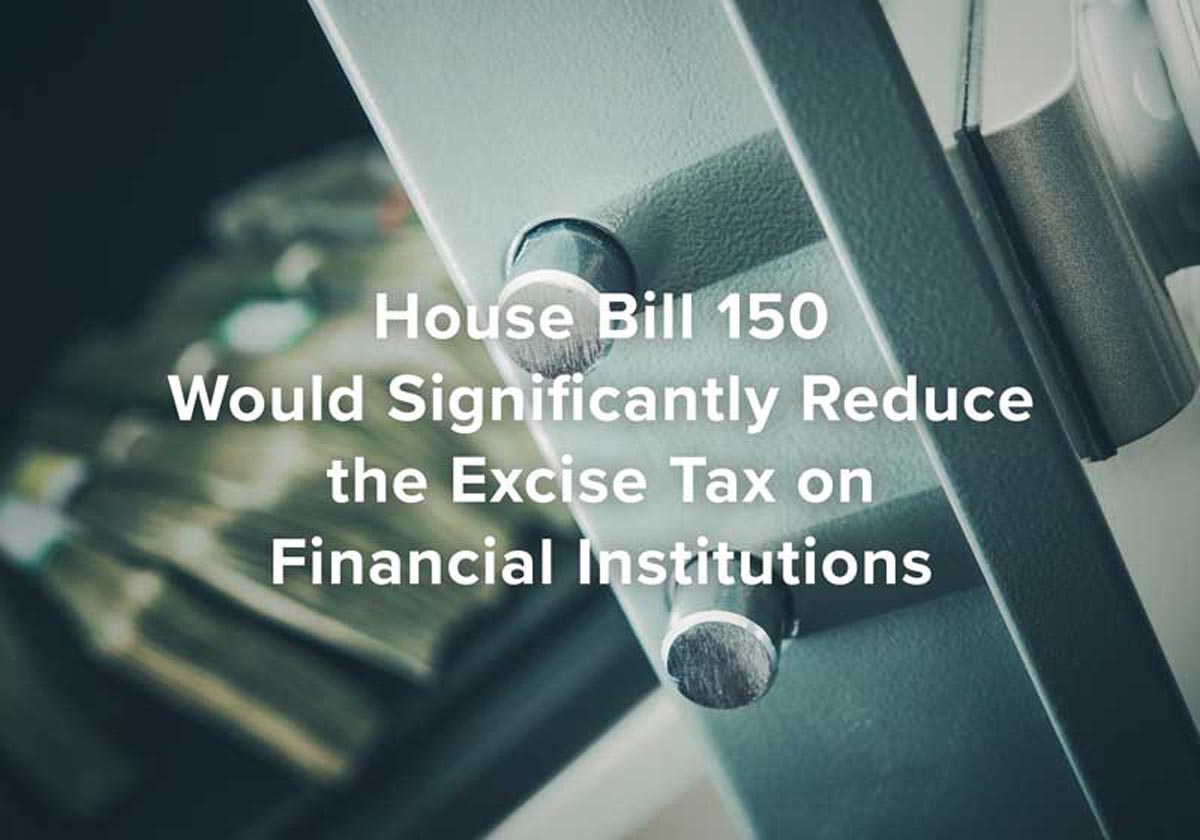House Bill No 150 (“HB 150”) was introduced in the Ohio House on March 19, 2019 and was referred to the Financial Institutions Committee on March 26, 2019. The Bill contains several provisions that reduce the financial institutions tax (“FIT”) by excluding newly-created banks from the FIT for a designated number of years, reducing the rate of the FIT on the first $200 million of Ohio equity capital, and limiting the base on which the FIT is calculated.
The Bill excludes from the definition of “financial institution” in R.C. 5726.01(H) a “de novo bank organization,” which is defined as “a bank organization that first began operations in the taxable year preceding the current tax year or in either of the two immediately preceding taxable years.” As a result, such newly-created banks are not subject to the FIT for their first three years. This exclusion appears to be aimed at new banks that do not have a financial institution parent already subject to the FIT, either because the bank is part of an insurance, manufacturing, or other non-financial institution affiliated group or because the financial institution group is not otherwise subject to the FIT in Ohio (e.g., does not do business in Ohio).
HB 150 also reduces the first-tier rate on financial institutions (the rate on the first $200 million of Ohio equity capital) from the current 0.8% to 0.6% in tax year 2020 and to 0.4% in tax year 2021. The result of this rate reduction is to combine the first two tiers into a single tier using a 0.4% rate for the first $1.3 billion. The rate on Ohio equity capital in excess of $1.3 billion would continue to be taxed at 0.25%
The third reduction in the FIT that would be affected by HB 150 is the limitation on the tax base on which the FIT is computed. For tax years 2020 and later, the Bill provides that if a financial institution’s total equity capital exceeds 14% of its total assets, its tax base, its “total Ohio equity capital,” is limited to that portion of its total equity capital that does not exceed 14% of its total assets multiplied by its Ohio apportionment ratio. This provision is intended to provide relief for highly capitalized financial institutions.
ZHF Observation: If enacted, HB 150 would provide significant tax relief to many financial institutions. However, it could also pose Commercial Activity Tax issues and municipal income tax issues for de novo bank organizations for the periods for which they are not subject to the FIT.
If you would like to discuss HB 150, please call Rich Farrin, Tom Zaino, Deb McGraw, or any ZHF tax professional.


